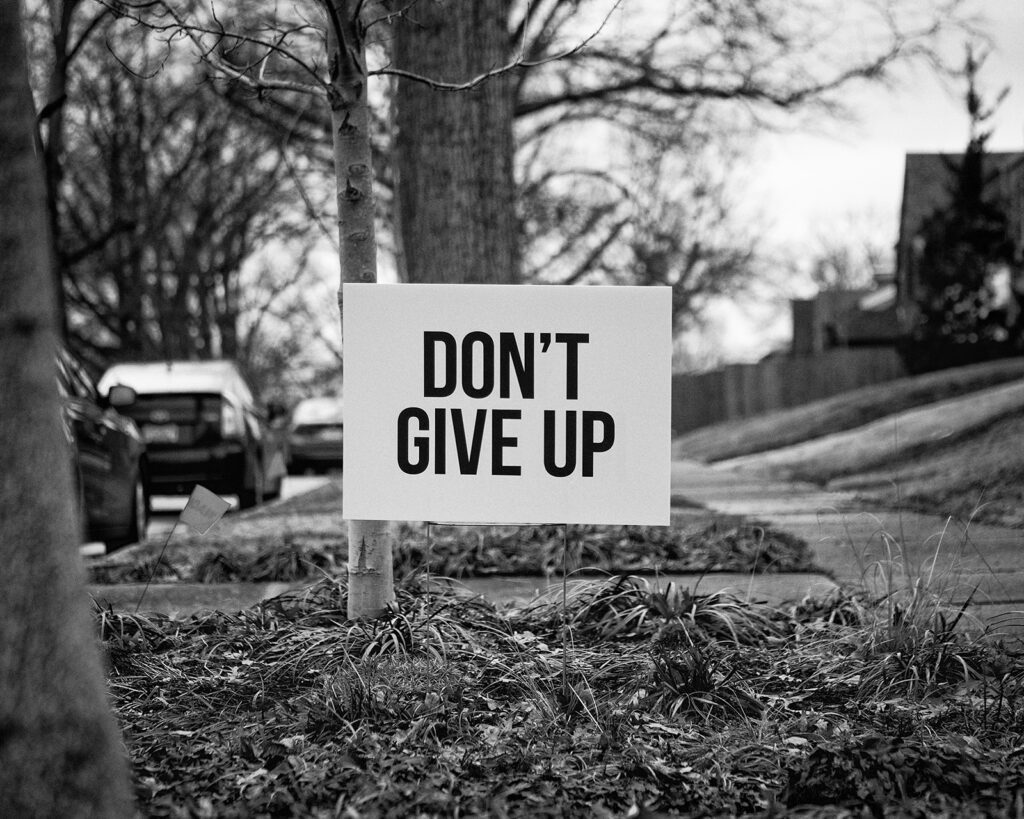Freshman Depression That Therapy for College Students Can Address
Depression is a lonely feeling, it’s hopeless, it’s sinking in quicksand (which isn’t all that quick). It’s disconnection. Such isolation within the self, yet at the same time, an alarming amount of college freshmen are sharing this experience alongside each other.
In the last few years, it seems that social norms are shifting and the stigma around mental health is declining. More people are talking about their struggles and are an inspiration for more of us to understand that all humans struggle, we are all human, and we don’t have to struggle alone.
There Are Also a Lot of Stats Out There That Seem to Take up a Lot of the Conversation.
‘Depression in college students has risen 30% in the last X years. ‘More college students are reporting experiencing depression than ever before, studies show’. A less common one we hear is that the overall onset across all mental disorders, half will happen by the age of 25. This tells us that adolescence and early adulthood are the years we are most likely to experience some sort of mental disturbance. That is without the stress and complete life shift that comes with being a freshman in college. Throw that into the mix and there we have struck a match in a room of fireworks. Luckily, therapy often proves helpful for many college students.

Let’s take a step back, though.
It is a powerful thing to let others know we are struggling and for them to show us compassion and empathy. It is compelling to read the statistics. But, it is time for the conversation to progress a bit further. Let’s talk about how to recover from something such as depression. The conversation on social media often ends with a statement such as ‘it’s okay to get help’ or ‘I saw a counselor and I feel more like myself again.’ The conversion in real life often concludes with something like ‘but when I drink it doesn’t bother me as much’ or ‘I just need to get through this semester and I’ll be fine.’ The former sounds so easy and the latter sounds passive. Depression is neither.
So, what is between easy and passive? Something that not many people love to hear when feeling depressed…it’s work. Managing depression is not easy, yet staying in depression is not easy either. The latter is quicksand and the former is freedom.
Related Reads
- Screen Addiction Therapy
- What To Do if you Don’t Have Friends in High School
- Benefits of Teens Playing Video Games
- What’s the Most Unhelpful Kind of Screen Time for Teens?
- Is Screen Time Worse for Teens Than Adults?
- Managing Teen Back to School Stress
- Why Therapy is So Helpful to College Students
- Why Back to School is A Big Deal & 3 Ways to Make It Better

What Does the Work in Therapy for College Students Look Like?
It could look like a few different things depending on the circumstance of your depression. But, common areas your counselor will explore with you are:
- Meaningful relationships
- A sense of connection to your community
- Finding meaning in life
- And lifestyle behaviors that contribute to your depression (and on the flip side, what can contribute to lifting the depression)
Depression Treatment at North Boulder Counseling Includes Two Main Pillars.
One is becoming aware of your thoughts, emotions, and behaviors; helps to understand how these things contribute to our depression and keep us in a cycle of depression. Examining and shifting these gives you power and control to feel differently. The second is human connection; when you feel safe to do so with your counselor, allowing them to see inside your world and be there with you helps to feel less isolated in your depression and more hopeful.

Often, depression depletes motivation and just getting dressed is difficult. Knowing what to do or how to start addressing your depression isn’t the most obvious thing when feeling so low. So, here are a few steps to get you started.
- Brush your teeth
- Pet an animal
- Get some sunshine on your face
- Call North Boulder Counseling and ask for an appointment with a therapist
You can reach NBC via email or phone.
Begin Therapy for College Students in Boulder, CO
You deserve support in overcoming your depression symptoms. Our team of therapists can help you become more aware of your thoughts so you can enjoy your college experience. We are happy to offer support from our Boulder, CO-based therapy practice and across the state via online therapy. To start your therapy journey, please email us at info@NorthboulderCounseling.com, give us a call at 720.588.3174, or follow these simple steps:
- Contact North Boulder Counseling
- Meet with a caring therapist
- Start addressing your depression symptoms
Other Services Offered with North Boulder Counseling in Colorado
Depression treatment isn’t the only service our Boulder, CO counseling practice offers. We are happy to provide support for a variety of mental health issues with both in-person therapy and online therapy across the state. Our team also offers anxiety treatment, postpartum anxiety treatment, postpartum depression counseling, perinatal support, counseling for women, counseling for men, parenting coaching, grief counseling, trauma treatment and EMDR, depression treatment, teen therapy, LGTBQ counseling, and play therapy. Please visit our blog or our about us page to learn more helpful information.




